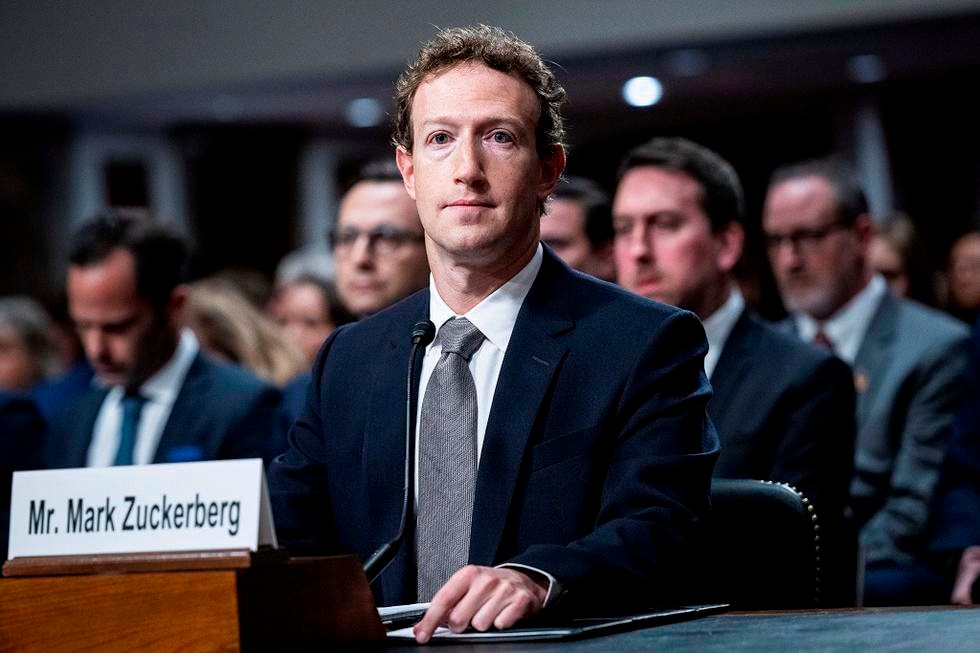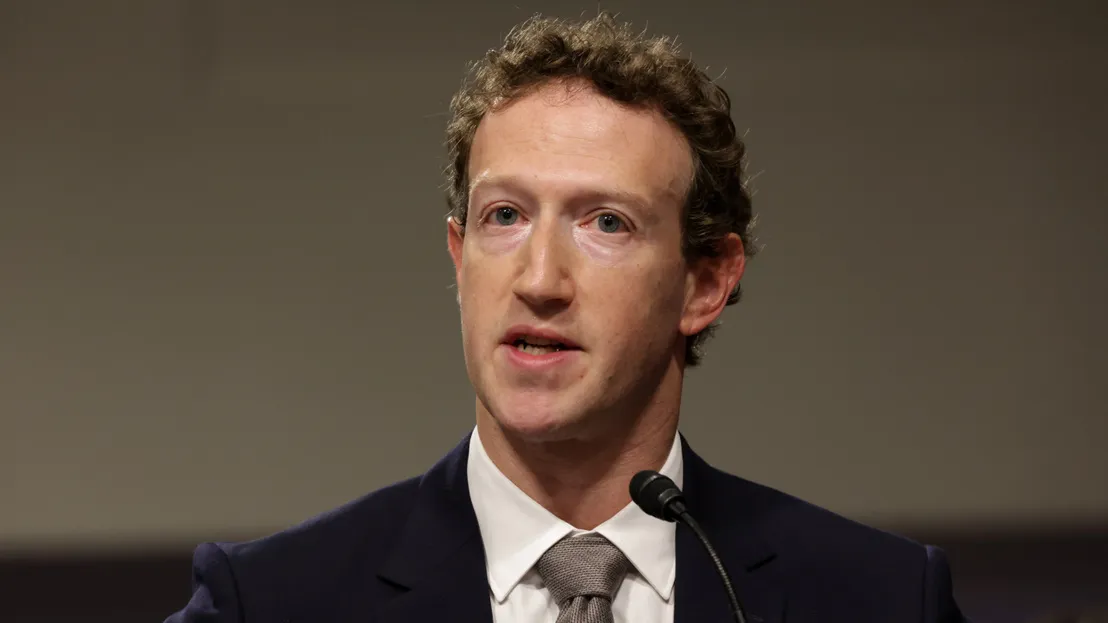

Tech Billionaire Showdown: Who Leads Between Jeff Bezos, Elon Musk, and Mark Zuckerberg?
In today’s world, the word “billionaire” barely scratches the surface of the influence wielded by some of the world’s most prominent tech moguls. Among the most famous names, Jeff Bezos, Elon Musk, and Mark Zuckerberg dominate headlines, markets, and conversations about the future of technology. Their innovations have reshaped e-commerce, space exploration, social media, and artificial intelligence, but the question remains: who truly leads in the ongoing tech billionaire showdown?
Jeff Bezos: The King of E-Commerce and Space Ambitions
Jeff Bezos, founder of Amazon, transformed a small online bookstore into a global e-commerce juggernaut. Amazon now touches nearly every aspect of modern life, from cloud computing with AWS to logistics, entertainment, and even smart devices like the Alexa ecosystem.
Bezos’ leadership style is marked by long-term thinking and customer obsession. His decision to reinvest profits into infrastructure and innovation allowed Amazon to dominate markets that competitors once thought impenetrable. The launch of Blue Origin, his private aerospace company, demonstrates his interest in pioneering space travel and colonization, positioning him not only as a business titan on Earth but also as a visionary for the future of humanity beyond our planet.
Despite stepping down as CEO in 2021, Bezos maintains significant influence over Amazon and Blue Origin, shaping policies, investments, and ambitious ventures. His focus on scaling operations efficiently while betting on future technologies ensures that his empire continues to grow.

Elon Musk: The Visionary Disruptor
Elon Musk, the CEO of Tesla and SpaceX, is a name synonymous with disruption. He has redefined multiple industries, including electric vehicles, renewable energy, and space exploration. Tesla’s impact on the auto industry is undeniable, pushing traditional manufacturers to accelerate their EV strategies. Meanwhile, SpaceX has revolutionized space travel with reusable rockets and ambitious plans for Mars colonization.
Musk’s ventures are not limited to Tesla and SpaceX. Neuralink, The Boring Company, and his controversial acquisition of Twitter/X illustrate his willingness to challenge norms and take on ambitious, sometimes risky, projects. Musk thrives in the spotlight, often making headlines for bold statements, unconventional leadership style, and sometimes erratic public behavior.
In terms of influence, Musk’s impact spans technology, finance, and popular culture. He is widely regarded as the ultimate tech disruptor, blending visionary thinking with a hands-on approach that drives innovation at breakneck speed.

Mark Zuckerberg: The Social Media Titan
Mark Zuckerberg, founder and CEO of Meta, is a master of social influence. While Amazon and Tesla focus on commerce and engineering breakthroughs, Meta dominates the social media ecosystem with Facebook, Instagram, and WhatsApp, connecting billions worldwide. Zuckerberg has expanded the company’s vision toward virtual reality and the metaverse, betting that immersive digital experiences will define the next era of social interaction.
Zuckerberg’s leadership style emphasizes long-term technological vision and strategic acquisitions. Facebook’s early acquisitions of Instagram and WhatsApp cemented Meta’s dominance in social networking. Now, with significant investments in VR and AI, Zuckerberg aims to reshape how people interact online, challenging traditional ideas of social media, gaming, and even workplace collaboration.
Despite criticism over privacy issues, antitrust concerns, and internal AI debates, Zuckerberg’s influence is immense. He has successfully maintained Meta’s relevance in a rapidly evolving tech landscape, ensuring the company remains central to discussions about social connectivity and the digital future.

Comparing Their Strengths
When comparing Bezos, Musk, and Zuckerberg, each leader has carved a unique niche:
-
Jeff Bezos: Dominates e-commerce, logistics, and cloud computing, with additional influence in space exploration. Known for strategic foresight and operational mastery.
-
Elon Musk: The ultimate disruptor, leading in electric vehicles, space technology, AI, and public discourse. Known for bold visions and high-risk, high-reward projects.
-
Mark Zuckerberg: Social media and digital connectivity expert, pioneering immersive virtual worlds and AI-driven social platforms. Known for strategic acquisitions and long-term vision in digital ecosystems.
Influence Beyond Wealth
While net worth often defines billionaire status, influence extends beyond money. Bezos shapes how people shop, work, and explore space. Musk drives innovation in multiple industries simultaneously and inspires widespread cultural fascination. Zuckerberg molds social interaction and digital communication, influencing how billions connect online.
Each has global reach but in different dimensions. Bezos impacts commerce and space, Musk impacts technology and culture, and Zuckerberg impacts social life and digital experiences.
Challenges and Risks
Despite their success, all three face challenges:
-
Bezos contends with regulatory scrutiny, labor disputes at Amazon, and competition in space exploration.
-
Musk faces volatility in stock markets, controversial public statements, and the high-risk nature of his disruptive ventures.
-
Zuckerberg deals with privacy concerns, regulatory pressures, and the uncertain adoption of metaverse technologies.
These challenges influence their ability to maintain dominance and shape the future of technology. Leadership is not only about innovation but also navigating complex political, social, and financial landscapes.
Who Truly Leads?
Determining a clear leader depends on criteria: financial dominance, technological influence, or cultural impact.
-
Financially, Bezos and Musk compete for top spots, with Musk often leading in net worth due to Tesla’s stock volatility.
-
Technologically, Musk arguably takes the edge with breakthroughs in EVs, AI, and space.
-
Culturally, Zuckerberg wields massive influence, shaping how billions interact daily through social media and virtual spaces.
Ultimately, leadership is subjective. Each billionaire leads in their domain, and the “winner” may simply be the one whose vision aligns most closely with the world’s future trajectory.
Conclusion
The showdown between Jeff Bezos, Elon Musk, and Mark Zuckerberg is a defining feature of the 21st-century tech landscape. Their individual contributions have reshaped commerce, transportation, communication, and even our perception of the future.
Bezos demonstrates the power of strategic foresight and infrastructure, Musk exemplifies bold vision and relentless disruption, and Zuckerberg represents social influence and digital innovation. While comparisons are inevitable, the reality is that each is a leader in their respective field, collectively shaping the global technology ecosystem.
In this ongoing race, the true leader may not be the richest, the most famous, or the boldest — but the one whose innovations leave a lasting legacy for decades to come. Whether it is Amazon, Tesla, or Meta, the world will continue watching, learning, and adapting alongside these tech titans.


















